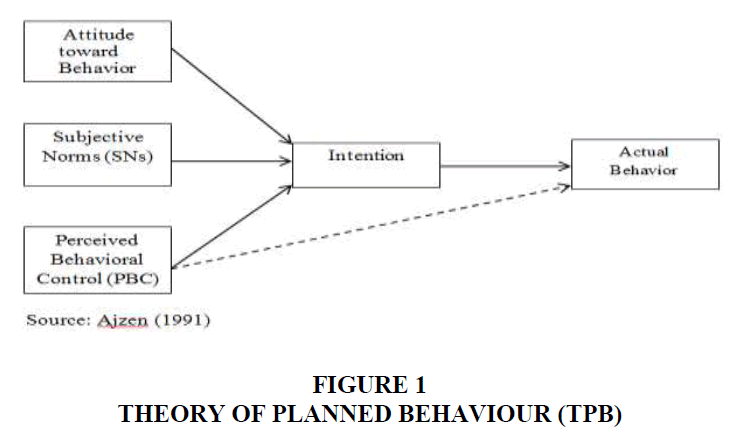


Gambling is an important public health concern. To better understand gambling behavior, we conducted a classroom-based survey that assessed the role of the theory of planned behavior (TPB; i.e., intentions, subjective norms, perceived behavioral control, and attitudes) in past year gambling and gambling frequency among college students. Results from this research support the utility of the TPB to explain gambling behavior in this population. Specifically, in TPB models to predict gambling behavior, friend and family subjective norms and perceived behavioral control predicted past year gambling and friend and family subjective norms, attitudes and perceived behavioral control predicted gambling frequency. Intention to gamble mediated these relationships. These findings suggest that college responsible gambling efforts should consider targeting misperceptions of approval regarding gambling behavior (i.e., subjective norms), personal approval of gambling behavior (i.e., attitudes), and perceived behavioral control to better manage gambling behavior in various situations.
Theory Of Planned Behaviour Gambling Laws
Gambling is an important public health concern. To better understand gambling behavior, we conducted a classroom-based survey that assessed the role of the theory of planned behavior (TPB; i.e. The theory of planned behavior (TPB) is a well-established model of behavior change that has been studied in the development and evaluation of primary preventive interventions aimed at modifying cognitions and behavior.
